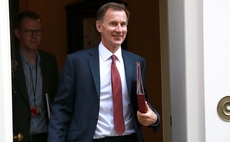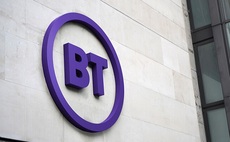Hunt also criticised the time it takes to establish prices for access to BT's ducts and poles
Culture secretary Jeremy Hunt has criticised market players for holding back the UK's migration to superfast broadband and new 4G networks. In a speech to the Royal Television Society, Hunt said...
To continue reading this article...
Join Computing
- Unlimited access to real-time news, analysis and opinion from the technology industry
- Receive important and breaking news in our daily newsletter
- Be the first to hear about our events and awards programmes
- Join live member only interviews with IT leaders at the ‘IT Lounge’; your chance to ask your burning tech questions and have them answered
- Access to the Computing Delta hub providing market intelligence and research
- Receive our members-only newsletter with exclusive opinion pieces from senior IT Leaders



















